Unlock Insider Secrets: 7 Essential Steps To Secure A Property Purchase In The Dominican Republic

Buying property in the Dominican Republic can be tricky. There's this rule: Property Registry Law #108-05, started in April 2007, which everybody needs to follow. It makes sure your property purchase goes smoothly.
This article will guide you through every step you need to take to secure your dream home safely and efficiently. Ready for an adventure? Keep reading!
Key Takeaways
- Learn about the buying process in the Dominican Republic before making a purchase. This includes understanding Property Registry Law #108-05 and selecting a property that fits your lifestyle.
- Secure your property by choosing between new builds or pre - construction options, making an offer, transferring the deposit, and checking the property’s legal status through a title search.
- Finalize your purchase by conducting a final inspection of the property, signing the final agreement with a notary present, and choosing an experienced agent or lawyer to guide you through the process.
Preliminary Steps
Jumping into buying property in the Dominican Republic starts with two key steps. First, get to know how the purchase process works there. Then, pick out your dream spot.
Understanding the buying process in the Dominican Republic
The process of buying property in the Dominican Republic starts with choosing either a brand-new home or one someone else has lived in before. For both, a detailed look at the place and knowing what you want is key.
You might pick a condo by the beach or a villa tucked away for more privacy. Both have their charm and benefits depending on your taste and lifestyle needs.
Making your choice takes you to the next big step: understanding legal stuff like contracts, which lawyers here prepare in Spanish but can give you an English version too. A notary—a lawyer with special approval—must be present when signing these important papers, such as the Promise of Sale and later, the Deed of Sale.
This ensures everything is official and follows local laws. Also, getting a new Certificate of Title under your name from the Title Registry Office marks your ownership officially starting.
Securing real estate in this beautiful island nation requires navigating through certain steps - choose wisely, understand legalities, and get that title under your name.
Choosing a property
Finding the right home or investment spot in the Dominican Republic means thinking about what you want from it. Are you dreaming of beach views in Punta Cana or city life in Santo Domingo? Each area offers something unique, whether it's Las Terrenas for a relaxed vibe or Sosua and Cabarete for adventure seekers.
It's crucial to match your lifestyle and investment goals with the location.
You should also consider working with a real estate agency that knows the ropes. Look for ones with experienced agents who speak multiple languages and have strong local connections.
They can guide you through available properties, considering things like market value, property tax, and potential rental income if you're looking to invest. This step saves time and helps ensure you find a property that fits both your dreams and budget.
Making an Offer
Making an offer on a property in the Dominican Republic means you're ready to take the next step. Put your best foot forward by knowing the fair market value and showing you can pay.
Differences between new builds and pre-construction properties
New builds in the Dominican Republic are ready-to-move-in homes. You see what you get: from paint colors to kitchen cabinets. They come with a higher price tag but offer immediate possession.
On the flip side, pre-construction properties are like buying plans on paper. They might be cheaper and customizable, but they carry risks. Construction delays or changes to the original plan can happen.
Investing in new builds offers certainty; pre-construction brings possibilities balanced with patience.
Choosing between these options depends on your budget, timeline, and risk tolerance. Next comes transferring your deposit to secure your dream home in this Caribbean paradise.
Finalizing the Purchase
Finalizing the purchase means getting all your papers in order. You'll check the property's title, move your deposit, sign important papers, and handle the payment. Make sure you do everything right to make your dream home yours.
Ready to learn more? Keep reading for insights on securing a great property deal in the Dominican Republic!
Transfer of deposit
You send the deposit to your lawyer's trust or escrow account. This step is key. Your lawyer then checks the property carefully to make sure everything is in order. They look into the legal side of things, making sure there are no hidden surprises.
This deposit stays safe in the escrow account until you seal the deal on your new home.
Next, this holding period allows your legal aid to complete all necessary checks with peace of mind. They will dig into public records and verify that the seller truly owns what they're selling you.
Meanwhile, your money sits securely, waiting for the green light to move forward with buying your dream spot in the Dominican Republic.
Signing the promise of sale
After the transfer of the deposit, the next big step is signing the promise of sale. This formal agreement brings buyer and seller together in front of a Notary Public. Notaries in the Dominican Republic must hold a law degree, ensuring they're well-qualified to handle this crucial task.
The promise of sale outlines all terms agreed upon by both parties. It marks an important commitment on paper.
The Promise of Sale turns your dream into a pending reality, highlights how vital this document is during property transactions.
This process moves you closer to owning a property in the Dominican Republic. Cash buyers often skip straight to a "Contrato de Venta," but when this isn't possible, the promise of sale secures your agreement until everything else is ready for the final purchase.
Title search
A title search checks if the seller truly owns the property you want to buy. It also reveals any issues, like debts or legal problems, tied to the land. Lawyers often do this step to make sure everything is clear for purchase.
They look at past records and ensure no surprises will pop up later.
Doing a title search helps protect you from future troubles with the property. Once this is done and all looks good, you're closer to owning your dream place in the Dominican Republic.
Next comes understanding how payment works and getting ready for final steps.
Payment process
Once the title search confirms the property's clean history, it's time to move on to the payment process. This step is key for securing your new home in the Dominican Republic. You start by wiring a deposit to your lawyer's trust account.
This trust acts like a safe place for your money during the buying process. Your lawyer then checks everything about the property to make sure it's a good buy.
Next, you send over the rest of the money needed to complete your purchase. If you're buying a place that's still being built, you won't send all your cash at once. Instead, you'll make payments at different times as construction moves forward.
This way of paying helps keep things clear and fair between you and the seller or builder.
Final Inspection
Check the property carefully before you buy it. This step is very important in the Dominican Republic. Make sure everything is as agreed in the sale contract. Look for any problems with how the building was made or any other issues with how it looks.
You need to be sure that all fixes or changes you wanted are done right.
Make sure the house or apartment matches what was described earlier. Also, confirm that all repairs or upgrades are finished and look good to you. Doing this avoids trouble later on after you've bought the place.
It's your last chance to spot anything wrong so take your time and examine every part of the property closely.
Signing the Final Agreement
The big day arrives, and you're ready to make the property officially yours. You'll sign the Deed of Sale with a Notary Public watching. This person must have a law degree to do their job in the Dominican Republic.
It's an essential step that makes the agreement real and legally binding. Your real estate lawyer has worked hard to get here, ensuring all is in order for this moment.
Lawyers' fees usually go from 1% to 1.5% of what you pay for the place, but mostly it's on the seller or developer to cover them. Everything should be clear and straightforward by now, making signing feel like one of your smoothest steps yet.
Next comes choosing someone good at either selling homes or giving legal advice—or perhaps both!
Choosing the Right Agent or Lawyer
Picking the right helper makes buying property easier. You need someone who knows the law and can guide you smoothly through the process.
Considerations for selecting a reputable agent or lawyer
Finding the right real estate agent or attorney is key to a smooth property purchase in the Dominican Republic. They should know all about how to buy property, transfer taxes, and more.
Go for experts who have sold many properties and understand local laws well. They must also speak multiple languages and connect you with locals. This ensures your buying process goes without trouble.
Before deciding, check their past work history. Happy client stories tell you if they can meet your needs. Ask them how they handle title searches, escrow agents, and drafting contracts too.
Making sure they have done good work before saves you from future headaches. Their role is huge in securing your dream home safely and efficiently.
The role of Dreaming DR Dominican Republic
Dreaming DR Dominican Republic plays a key role in making property buying smooth for foreign investors. They are experts with years of experience and have deep connections in the local market.
Their team can speak multiple languages, which helps buyers from anywhere feel at ease. Dreaming DR guides clients through each step of buying property, from choosing the right home to handling all legal work.
They know about the best properties valued for both living and investment.
This agency makes sure no detail is overlooked, such as checking construction permits and translating sale agreements for pre-sale homes. By doing so, they prevent any surprises during or after purchase.
After selecting Dreaming DR, finding the right lawyer or agent to finalize your dream home purchase becomes much simpler.
Conclusion: Tips for a Successful Property Purchase in the Dominican Republic
Buying a home in the Dominican Republic excites many. First, learn how it works here. Choose your dream house carefully. Making an offer depends on whether it's a new or old place.
Then, move forward by placing a deposit and signing initial papers. A thorough check on the property's legal status is critical.
A final walk-through ensures everything is as agreed upon before you seal the deal officially. Picking someone experienced to guide you—either an agent or a lawyer—makes a huge difference.
They should understand local laws well.
Are you ready to find your piece of paradise? Think about what steps to take first. Does your chosen helper know their stuff? Applying these pointers means buying with confidence.
Imagine holding keys to your new place sooner rather than later! That can happen with smart choices early on.
FAQs
1. How do I start buying property in the Dominican Republic?
First, find a property you love. Then, work with an attorney to check the title and make sure everything is okay. This is called due diligence. You'll also need an identification card and maybe talk to an estate planner.
2. What taxes do I need to know about when buying property there?
When you buy or own property in the Dominican Republic, you may have to pay real estate tax, transfer tax for new properties, and yearly property taxes if your place is worth more than a certain amount. There's also capital gains tax when you sell.
3. Can I get help from banks for my purchase?
Yes! Banks can give loans for buying properties here. You'll need a down payment first, then they might offer mortgage loans with interest rates that depend on many things like inflation.
4. Are there extra costs I should plan for?
Besides the price of the house or condo, remember there are extra expenses: lawyer fees (for legal counsel), appraisal costs (to find out how much it's worth), and sometimes even bank financing fees if you're getting a loan.
5. What steps should I take to secure my new home properly?
After picking your dream home and sorting out finances:
- Get title insurance to protect against any problems.
- Make sure all utility bills are up-to-date.
- Finally, update your will or estate plans according to local laws since rules like forced heirship could affect what happens later on.
6. What benefits come with owning property in the Dominican Republic?
Owning here means beautiful vacation spots anytime! Plus, investors might get perks like investor visas or permanent residency which can lead to visa-free travel in some cases.
Categories
- All Blogs (61)
- agent (1)
- branded residence (1)
- business (2)
- buy (2)
- buying (23)
- cabarete (1)
- cap cana (6)
- caribbean (2)
- casa de campo (6)
- celebrity (2)
- commercial (1)
- construction (2)
- dominican republic (9)
- evaluation (1)
- event (1)
- financing (1)
- golf (2)
- golf resorts (2)
- Grupo De Vale (1)
- hotel (1)
- insurance (1)
- investing (26)
- las terrenas (1)
- law (3)
- lawyer (1)
- legal (1)
- luxury (1)
- market (1)
- north coast (2)
- properties (7)
- property inspection (1)
- property tax (1)
- puerto plata (1)
- punta cana (3)
- real esate (1)
- real estate (33)
- renting (5)
- resorts (1)
- selling (5)
- selling, (1)
- tax (3)
- usa (1)
- vacation rental (2)
Recent Posts
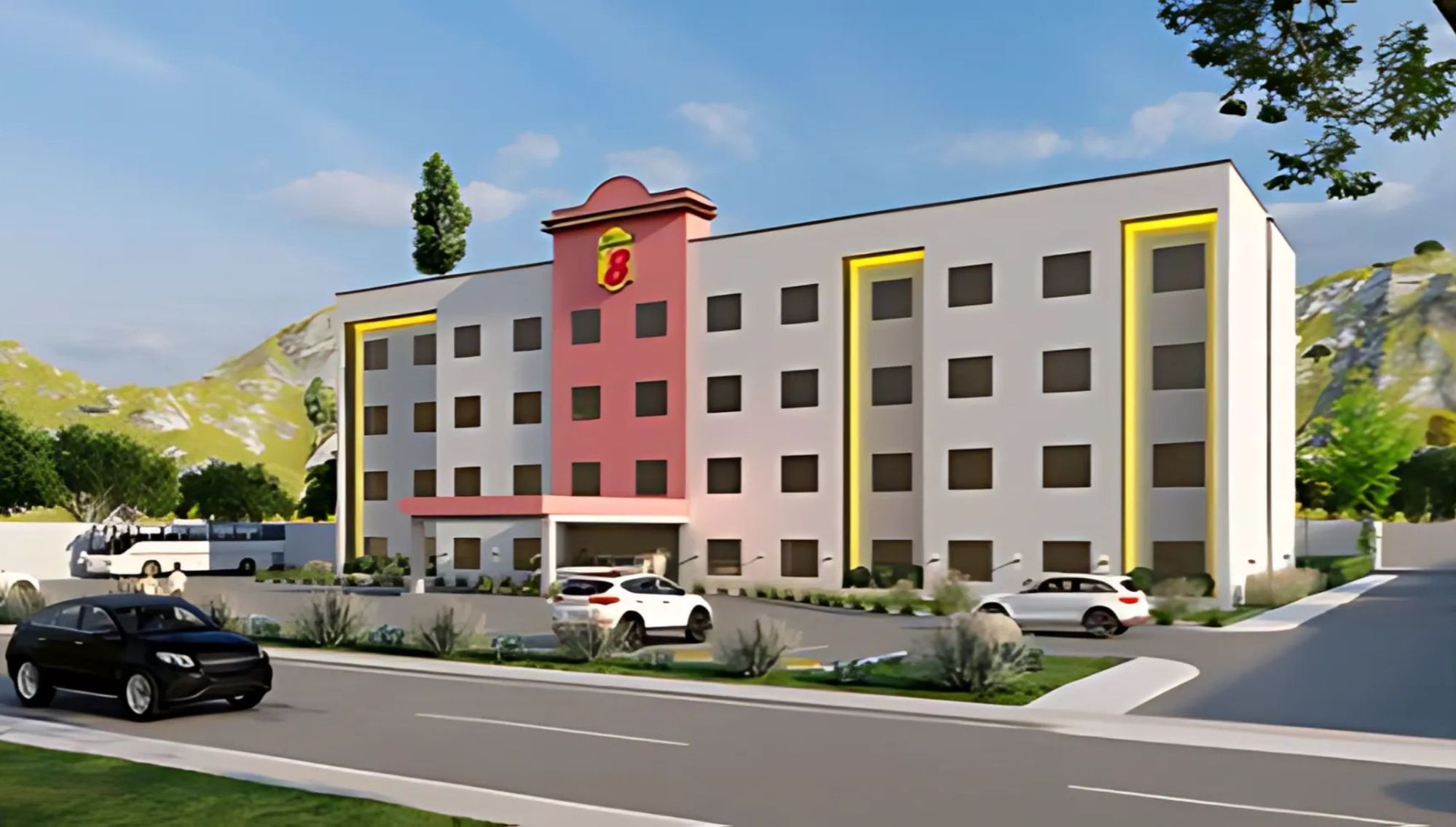

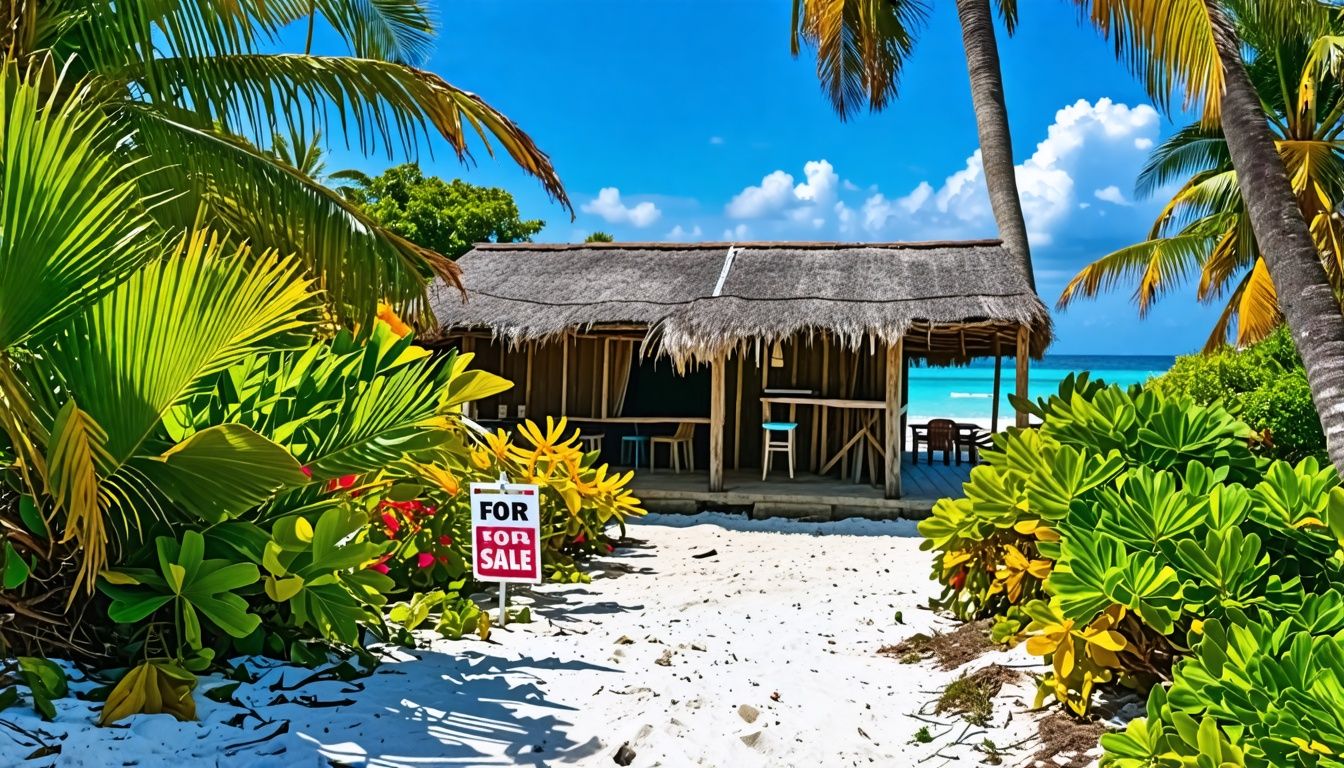


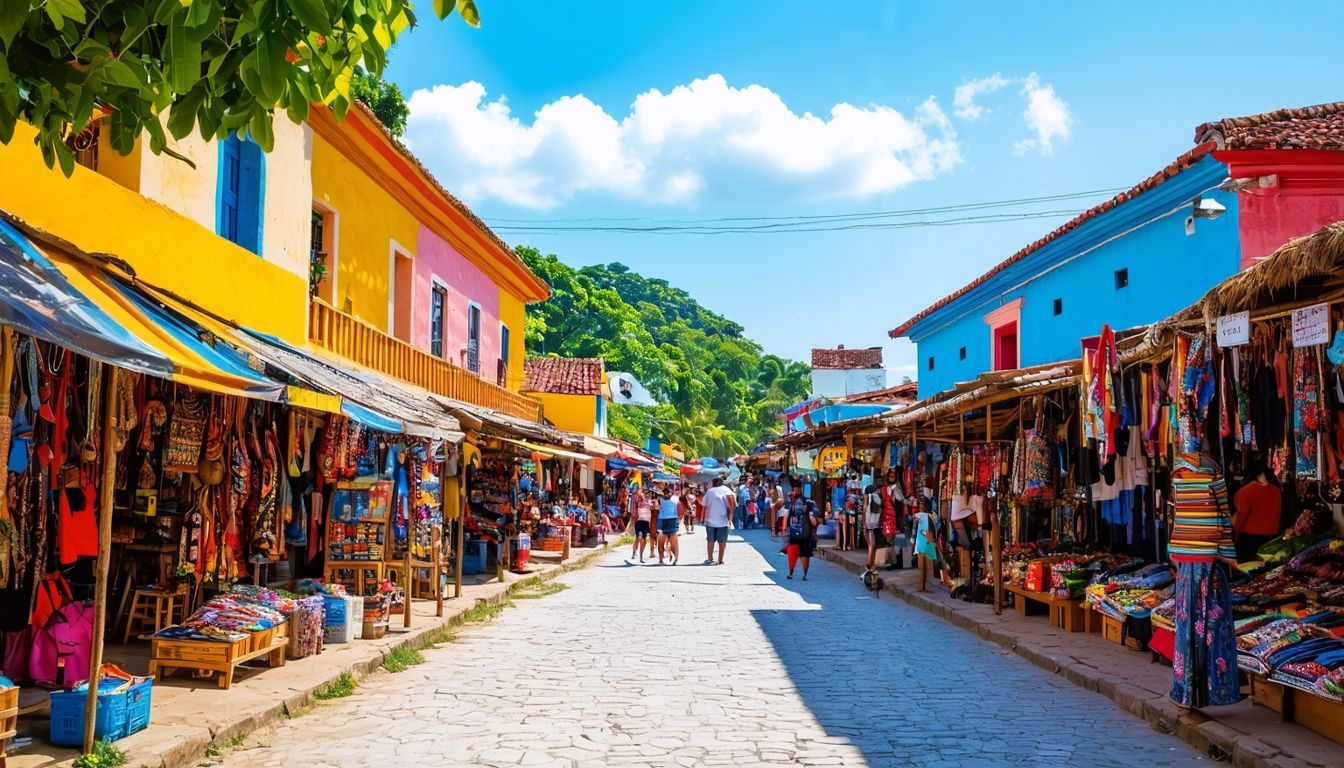
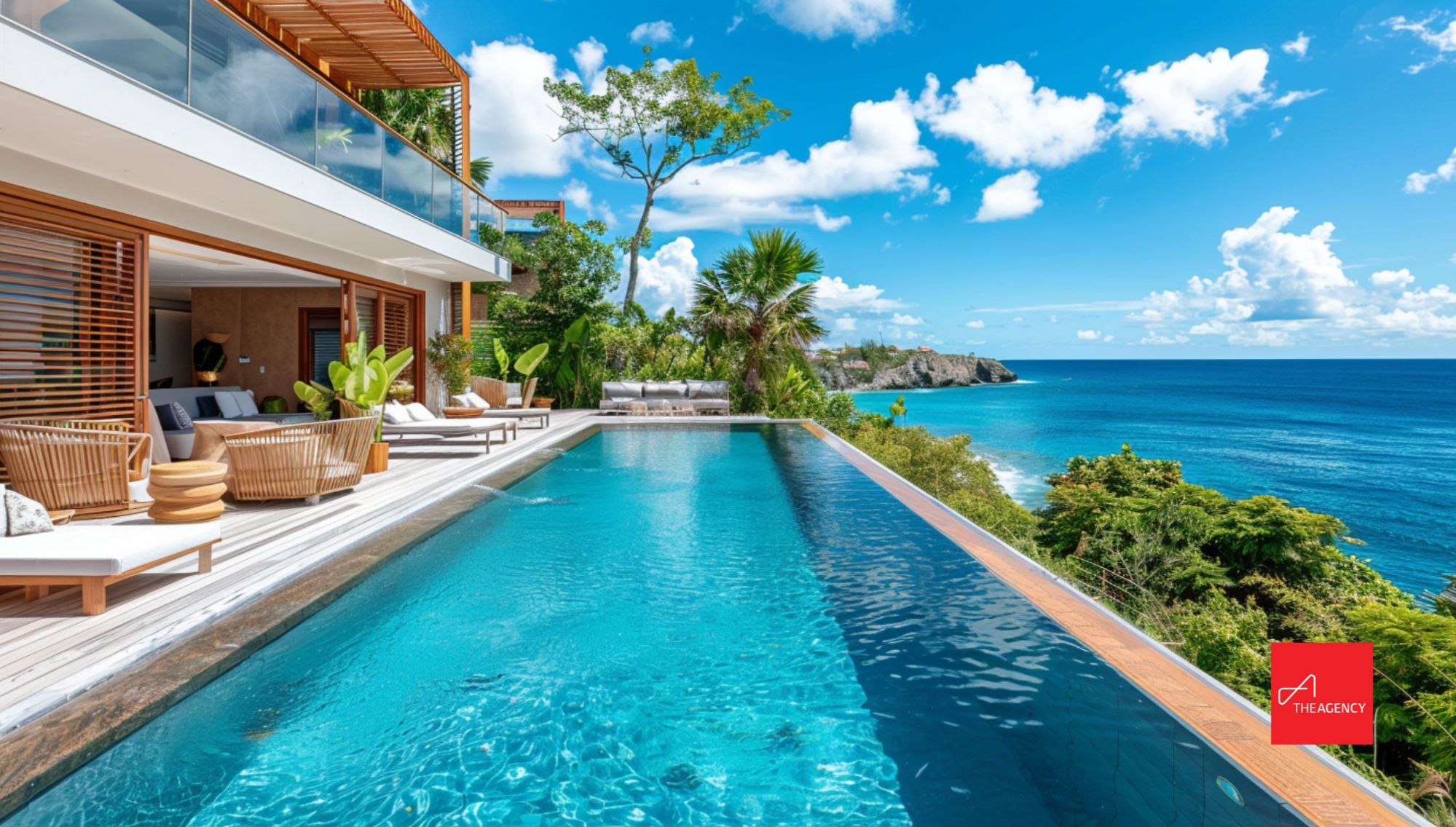
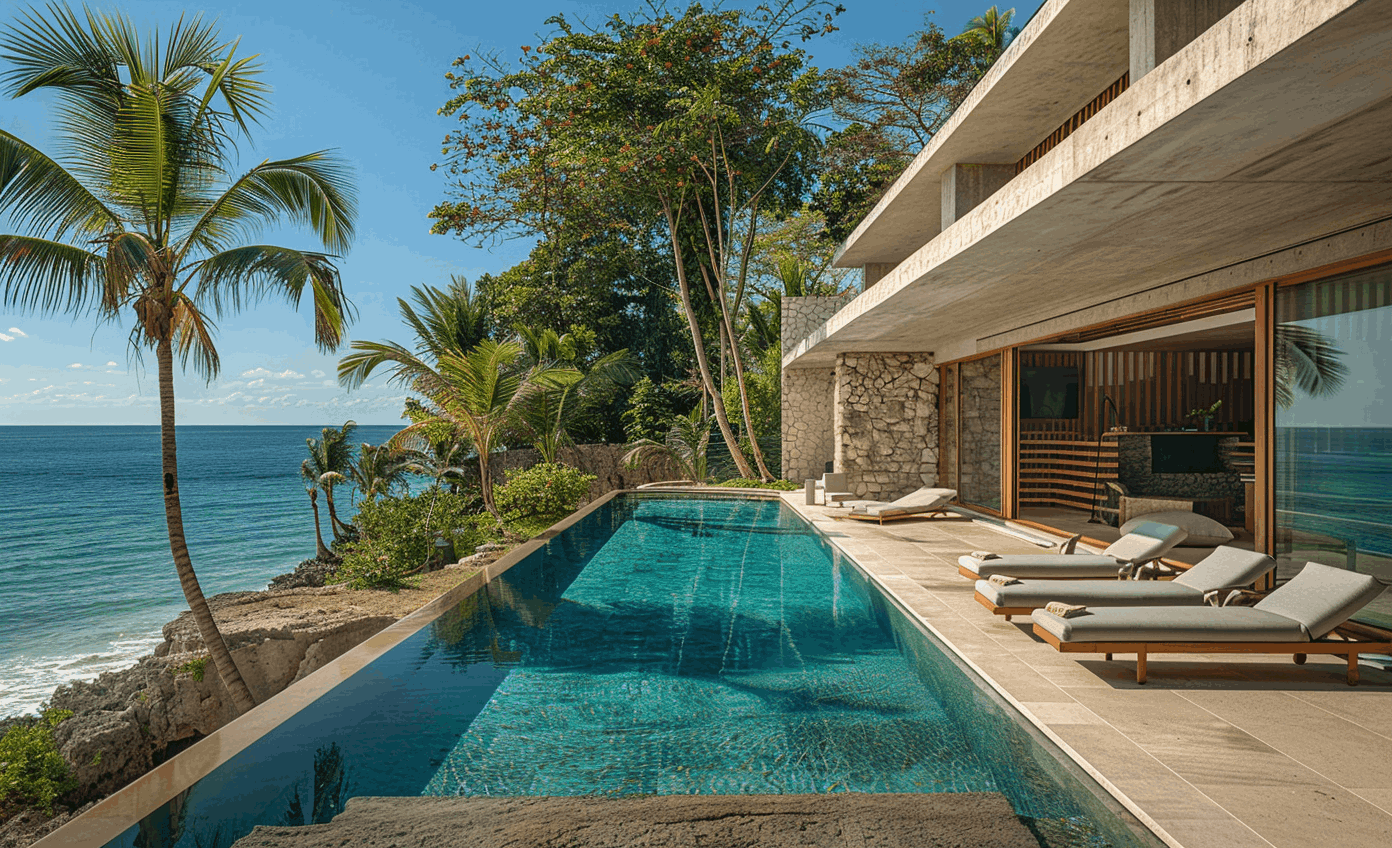


GET MORE INFORMATION NOW

